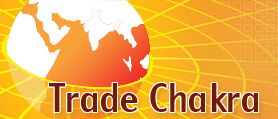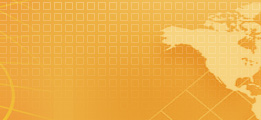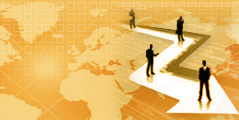The Philippines economy is largely import oriented in terms of the value of merchandise trade. A sizable trade deficit continues primarily because of merchandise imported to meet the strong demand for raw materials, intermediate goods, industrial upgrades and infrastructure related capital goods.
An emerging market, the Philippine economy continues to recover from the political instability of the 1980s, a series of natural disasters in the 1990s. Many of the products being imported are for improvement of the country's production capabilities. The development of industry has been hindered by such factors as electric power shortages and a still developing infrastructure.
The Philippine government has taken several significant steps to reduce bureaucratic regulations and foster competition. In recent years it has revised and enacted tax, labor, health, safety environmental and other laws and policies with the aim of regulating industry.
The primary authority controlling imports is the Bureau of Customs (BOC).It enforces the country's Tariff and Customs Code. Other important regulatory agencies include: the National Economic and Development Authority (NEDA), the Bangko Sentral Pilipinas(BSP), the Industry Section of the Department of Trade and Industry(DTI),the Board of Investments (BOI) of DTI, the Environmental Management Bureau (EMB)the Department of Health (DOH).
Customs uses the Harmonized System (HS) to classify all products for purposes of assessing import duties. In August 1994, Executive Order 470 cut the number of tariff categories and established the following four tiered structure:
- 3 per cent for agricultural commodities such as purebred breeding animals and vegetable alkaloids.
- 10 per cent for raw materials and selected equipment.
- 20 per cent for intermediate, semi processed materials.
- 30 per cent for finished goods.
Customs assesses import duties based on Home Consumption Value (HCV) rather than on the specific transaction value of the goods. The HCV is the domestic wholesale price at the first line of distribution in the home country plus export packing and other export costs. Foreign exporters unfamiliar with the HCV system can obtain guidance from the Foreign Commercial Service (FCS) in Manila.
The Philippines is a signatory to the following treaties that affect tariff rates assessed against imports from member countries:
General Agreement on Tariffs and Trade (GATT).
The Philippines is entitled to most favored nation (MFN) status and is eligible for duty free treatment for designated articles under the Generalized System of Preferences (GSP).
Association of Southeast Asian Nations (ASEAN)
The ASEAN Free Trade Area-Common Effective Preferential Tariffs (AFTA_CEPT) serves as the mechanism for the conversion of ASEAN into a free trade regional market.
Companies investing in preferred areas and registered with the BOI have traditionally received incentives such as income tax holidays, tax deductions for labor expenses and duty free importation of capital equipment.
Before certain goods may be imported, the Philippines importer or foreign exporter must obtain prior approval from the government agencies in the Philippines responsible for regulating the product. Some items deemed to adversely affect public security, health or morality cannot be imported at all. In addition, the importer or exporter may be required to obtain advance government permission to use certain shipping methods for the delivery of particular goods.
Last Updated on: 28-01-2010




